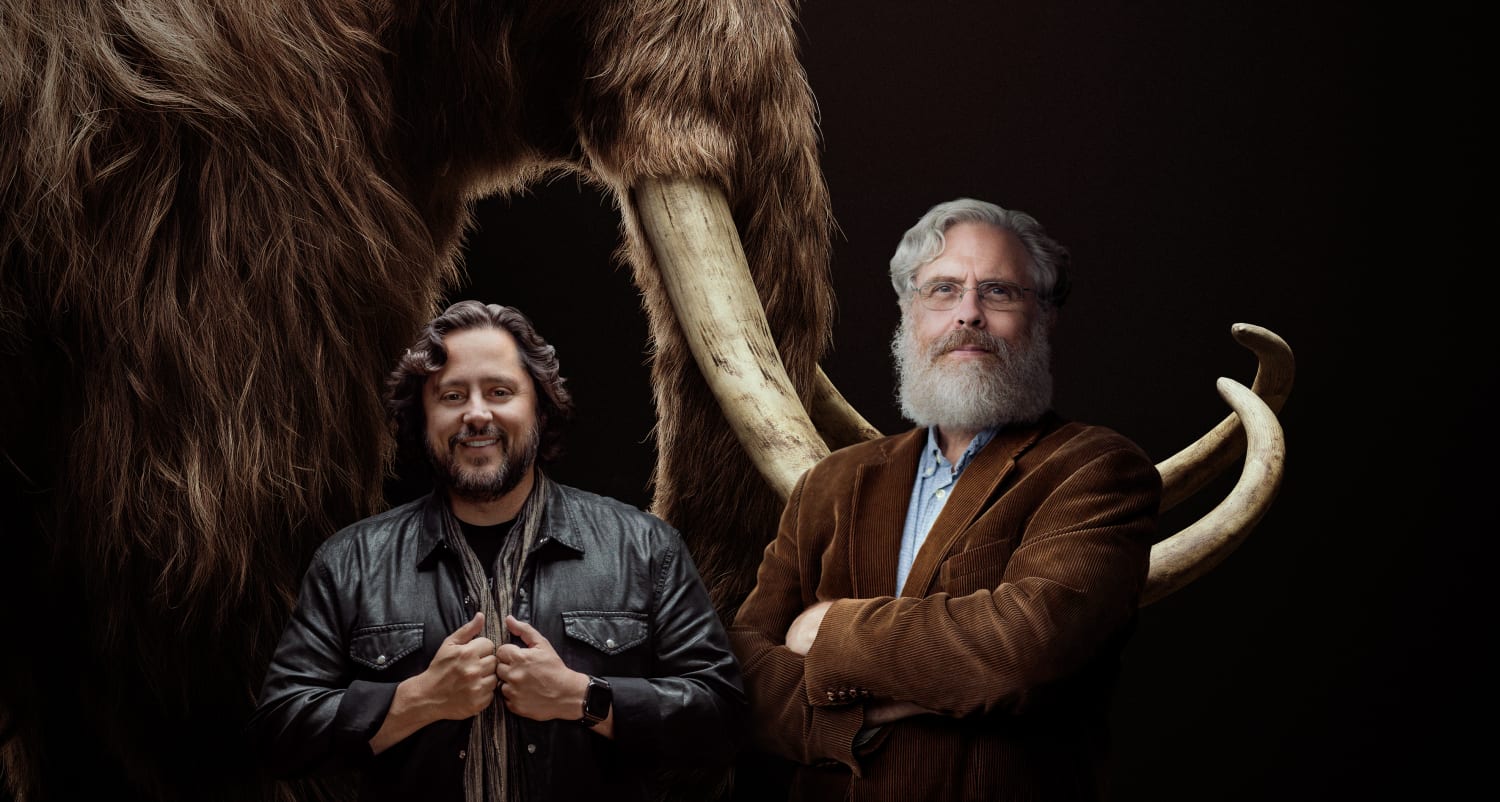Within the next decade, we could see a new biodiversity economy emerge, where value is based on contribution to protecting the planet.
At SXSW 2024, Austin entrepreneur Ben Lamm, founder and CEO of synthetic biology tech company Colossal Biosciences spoke on this topic at a fireside chat entitled How the science of de-extinction is helping to save species. “The biodiversity economy will be here in the next ten years, where people can put a value on protecting animals [..] People will see the ecological impact if we protect these animals and I think that’s quantifiable.”
The session's title refers to a landmark project by Colossal Biosciences, the company Lamm founded with geneticist George Church. A “de-extinction” moonshot aims to engineer hybrid species that share the traits of extinct and endangered animals, including woolly mammoths.
Using the word de-extinction with its air of Jurassic Park is a smart way to bring attention to biodiversity issues and get kids excited about science, but there are deeper conservation goals in play. Keystone species like mammoths are important contributors to a healthy ecosystem but can also assist with carbon capture and climate regulation. Rewilding Arctic habitats with mammoths will lower ground temperatures, maintain permafrost and support grasslands that are better able to sequester carbon said Lamm.


![A screenshot of TikTok’s #ecotok feed displaying paused video clips from various users. Samples of text, left to right: “When you realize the world needs to be shopping for their groceries differently; Small ways you can help the Earth! [Part 15]..."](https://res.cloudinary.com/dotcom-prod/images/ar_5:3,c_fill,f_auto,g_faces:center,q_auto,w_600/v1/wt-cms-assets/2022/08/cdqnuhbsnvpd6fiyvluu/ascreenshotoftiktoksecotokfeeddisplayingpausedvideoclipsfromvarioususerssamplesoftextlefttorightwhenyourealizetheworldneedstobeshoppingfortheirgroceriesdifferentlysmallwaysyoucanhelptheearthpart15.jpg)
